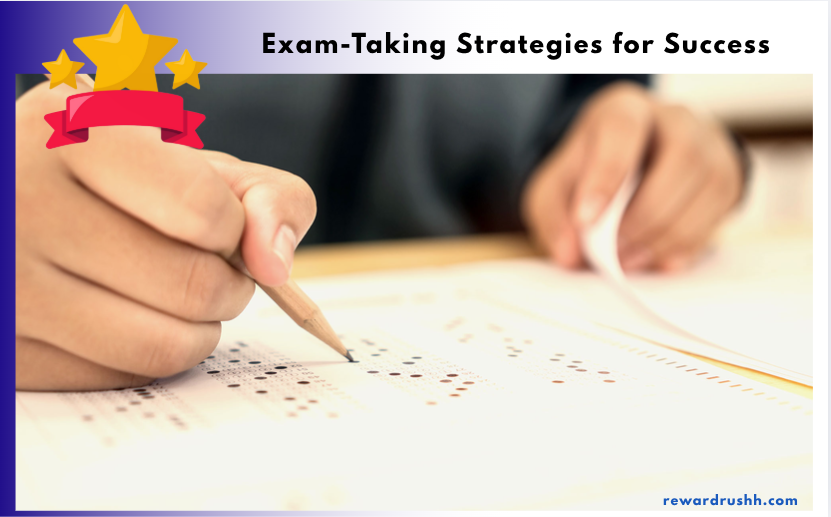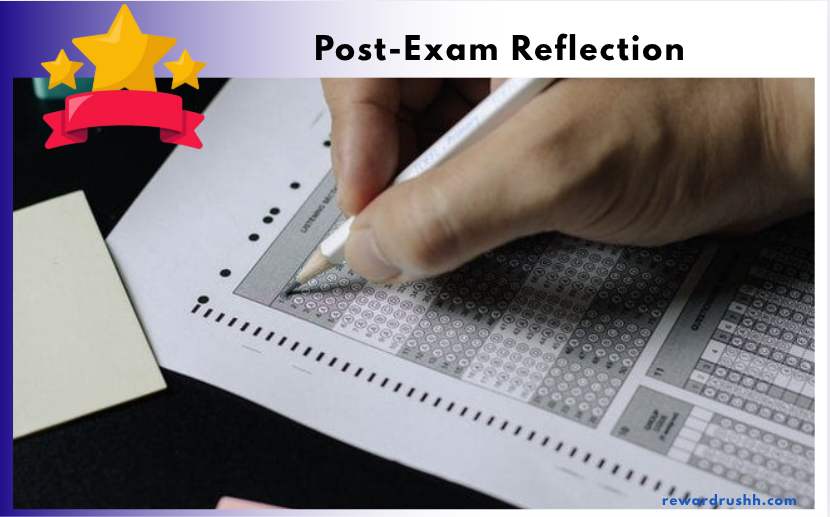Ever feel like you’re staring blankly at your final exam, even after all those late-night study sessions? You’re not alone! Many students struggle to translate their knowledge into high scores when it really counts.
This article is your ultimate guide. We’ll unlock the secrets to acing your finals, focusing on practical tips final exam answers that help you score higher and leave the exam room with confidence.
Understanding the Final Exam Landscape
Final exams can feel like a monster under the bed. But understanding their purpose and format can significantly reduce anxiety and improve your performance.
The Purpose of Final Exams
Final exams are designed to assess your overall understanding of the course material. They evaluate how well you’ve integrated the knowledge gained throughout the semester. Think of them as a comprehensive check of your learning journey.
Common Final Exam Formats
Final exams come in various formats, each requiring a specific approach:
- Multiple Choice: Requires quick recall and elimination skills.
- Essay Questions: Tests your ability to synthesize information and present a coherent argument.
- Problem-Solving: Common in math and science, focusing on applying learned concepts.
- Short Answer: Demands concise and accurate responses.
Knowing the format beforehand allows you to tailor your study strategy.
Mastering the Art of Preparation
Effective preparation is the cornerstone of scoring high on final exams. Don’t wait until the last minute!
Strategic Study Planning
Create a study schedule that breaks down the material into manageable chunks. Allocate specific time slots for each subject, prioritizing those you find most challenging. Consistency is key!
Effective Note-Taking Techniques
Review your notes regularly and condense them into key concepts and formulas. Use different colors and highlighting to emphasize important information. Active recall is much more effective than passive reading.
Utilizing Past Papers and Practice Questions
Past papers are invaluable resources for understanding the exam format and the types of questions asked. Practice answering them under timed conditions to simulate the real exam environment. This is a great way to learn tips final exam answers.
Collaboration and Group Study
Collaborate with classmates to discuss challenging topics and clarify any doubts. Group study sessions can provide different perspectives and help reinforce your understanding. Just make sure the group stays focused!
Exam-Taking Strategies for Success

Knowing the material is only half the battle. Mastering exam-taking strategies is equally important.
Time Management During the Exam
Allocate your time wisely based on the number of questions and their respective weightage. Don’t spend too much time on a single question. If you’re stuck, move on and come back to it later.
Deciphering Exam Questions
Read each question carefully and identify the key words and instructions. Understand what the question is asking before attempting to answer it. Misinterpreting a question can lead to unnecessary errors.
Structuring Your Answers Effectively
For essay questions, create a clear outline before you start writing. Present your arguments in a logical and coherent manner, supporting them with evidence from the course material. For problem-solving questions, show all your steps clearly.
Tackling Different Question Types
- Multiple Choice: Use the process of elimination to narrow down the options. If you’re unsure, make an educated guess rather than leaving it blank.
- Essay Questions: Start with a strong thesis statement and develop your arguments in a well-organized manner.
- Problem-Solving: Show all your work and double-check your calculations.
- Short Answer: Be concise and to the point, providing only the necessary information.
The Art of Educated Guessing
When faced with unfamiliar questions, try to make an educated guess based on your existing knowledge. Look for clues in the question itself or in other parts of the exam. Even a partially correct answer can earn you some points.
Mindset and Well-being
Your mental and physical state significantly impacts your exam performance. Prioritize your well-being during the exam period.
Managing Exam Anxiety
Practice relaxation techniques such as deep breathing or meditation to calm your nerves. Visualize yourself succeeding in the exam to boost your confidence. Remember, anxiety is normal, but it shouldn’t paralyze you.
The Importance of Sleep and Nutrition
Get enough sleep in the days leading up to the exam. Eat a healthy and balanced diet to fuel your brain. Avoid sugary drinks and processed foods that can lead to energy crashes.
Taking Breaks and Avoiding Burnout
Take regular breaks during your study sessions to avoid burnout. Step away from your books and engage in activities you enjoy. A short walk, a chat with a friend, or listening to music can help you recharge.
Specific Tips Final Exam Answers by Subject
Different subjects require different approaches. Here are some subject-specific tips final exam answers to help you excel:
Mathematics
- Master the Fundamentals: Ensure you have a solid understanding of the basic concepts and formulas.
- Practice Regularly: Solve a variety of problems to improve your problem-solving skills.
- Show Your Work: Clearly demonstrate each step in your calculations to earn partial credit even if your final answer is incorrect.
Science
- Understand Key Concepts: Focus on understanding the underlying principles rather than memorizing facts.
- Relate Concepts to Real-World Examples: This will help you remember and apply the information more effectively.
- Practice with Diagrams and Illustrations: Visual aids can enhance your understanding of complex scientific concepts.
Humanities
- Develop Strong Analytical Skills: Learn to critically analyze texts and arguments.
- Support Your Arguments with Evidence: Use quotes and examples from the course material to back up your claims.
- Practice Writing Clear and Concise Essays: Focus on clarity, coherence, and organization.
Language
- Practice Regularly: Immerse yourself in the language through reading, writing, and speaking.
- Focus on Grammar and Vocabulary: Build a strong foundation in these areas.
- Practice with Past Papers: Familiarize yourself with the exam format and the types of questions asked.
Post-Exam Reflection

Regardless of the outcome, take time to reflect on your exam experience.
Analyzing Your Performance
Identify areas where you excelled and areas where you struggled. This will help you understand your strengths and weaknesses and guide your future study efforts.
Learning from Mistakes
Don’t dwell on your mistakes, but learn from them. Understand why you made those mistakes and how you can avoid them in the future.
Seeking Feedback from Professors
If possible, seek feedback from your professors on your exam performance. They can provide valuable insights and guidance.
In conclusion, acing your final exams is achievable with strategic preparation, effective exam-taking strategies, and a positive mindset. Remember to manage your time wisely, understand the questions thoroughly, and prioritize your well-being. Now it’s your turn! What are your go-to study tips for final exams? Share your experiences in the comments below.
Frequently Asked Questions (FAQ)
1. How far in advance should I start studying for final exams?
Ideally, you should start preparing for final exams several weeks in advance. This allows you to break down the material into manageable chunks and avoid last-minute cramming. Aim for at least 2-3 weeks of dedicated study time.
2. What is the best way to memorize formulas and key concepts?
Active recall is a highly effective technique for memorizing formulas and key concepts. Try writing them down from memory, creating flashcards, or teaching them to someone else. Repetition and active engagement are key.
3. How can I stay focused during long study sessions?
Break your study sessions into shorter intervals with regular breaks. Use the Pomodoro Technique (25 minutes of focused study followed by a 5-minute break) to maintain concentration and avoid burnout. Minimize distractions by turning off notifications and finding a quiet study environment.










